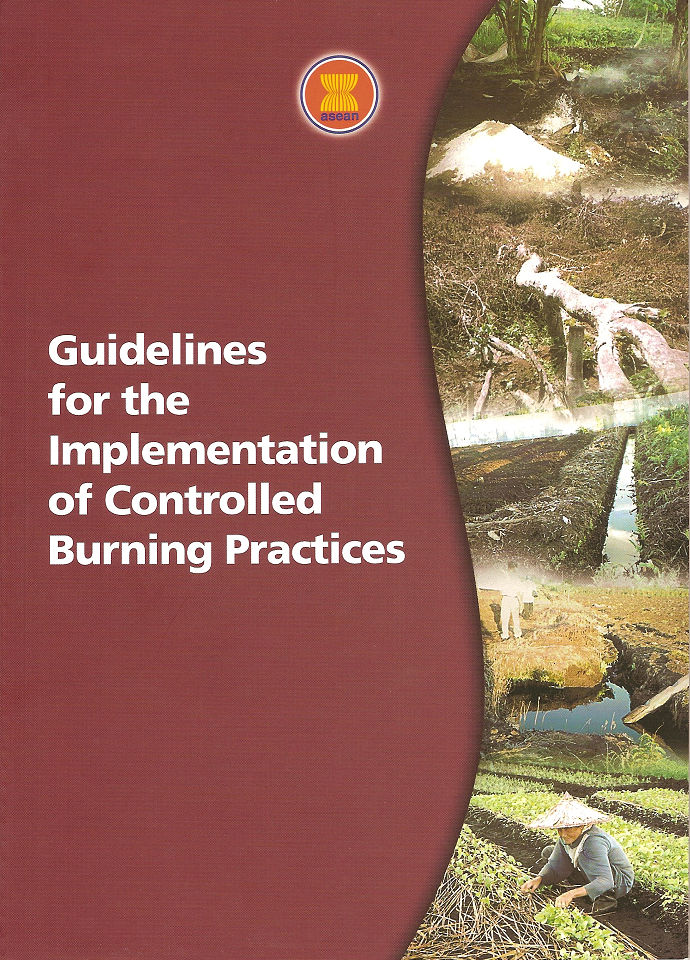Over the past two decades, fires and haze in the ASEAN region have been influenced by rapid demographic changes, increased human activities and climatological factors. The pernicious practice of burning forests to clear land for commercial purposes and the extraordinarily dry weather combined to produce a pall of catastrophic proportions. The results have been devastating as severe droughts over the last two decades have combined with development and agricultural activities in the rain forests and indiscriminate use of fire for land clearance.
The ASEAN’s Regional Haze Action Plan, which was adopted by the ASEAN Environment Ministers in December 1997, encourages formulation of policies for prohibiting open burning and enforcing strict control of slash-and-burn practices during the dry period. The ASEAN Environment Ministers at the 6th ASEAN Ministerial Meeting on Haze in April 1999 agreed to adopt the policy on zero burning and promote its application by plantation companies and owners and timber concessionaires in the region. The Ministers also committed themselves to the strict enforcement of zero burning policy. A number of dialogues have been conducted to promote zero burning practices among plantation companies and timber concessionaires. Guidelines on the Implementation of the ASEAN Policy on Zero Burning have been developed and disseminated to provide advice to plantation owners, managers, supervisory staff, and contractors on the application of zero burning techniques. The ASEAN Agreement on Transboundary Haze Pollution, which entered into force in November 2003, specifically calls for the development and implementation of legislative and other regulatory measures, as well as programmes and strategies to promote zero burning policy.
ASEAN member countries have noted the difficulties in implementing the zero burning policy at the local level, particularly by the local communities. It was therefore agreed that public awareness programmes and development of guidelines and techniques on controlled burning should be pursued. The ASEAN Environment Ministers at the 10th ASEAN Ministerial Meeting on Haze in March 2003 in particular noted the need for guidelines on controlled burning, where zero burning techniques could not be practiced, especially by smallholders, farmers and shifting cultivators. These guidelines were developed in recognition of the need and following the above ministerial-level decision.
View source

